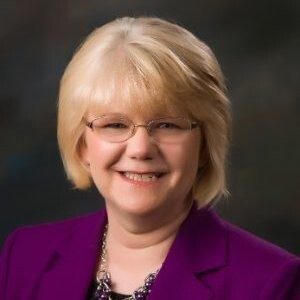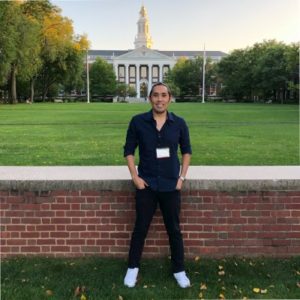ADL difficulty points to LTSS need, researchers say
Almost half of older Medicare beneficiaries, among them nursing home residents, have difficulty performing or need assistance with activities of daily living (ADLs), according to a new study. Policies to improve long-term care services and supports, or LTSS, and reduce unmet needs could benefit both older adults and those who care for them, the authors conclude.
Researchers from the University of Michigan (U-M) and the Urban Institute analyzed data from a national sample of adults aged at least 65 years drawn from Medicare enrollment files; 8,245 people were included in the 2011 National Health and Aging Trends Study. Their analysis was published in the September issue of the Milbank Quarterly.
"Although 51 percent reported having no difficulty in the previous month, 29 percent reported receiving help with taking care of themselves or their households or getting around," says U-M researcher Vicki Freedman, PhD, co-author of the report with the Urban Institute's Brenda Spillman, PhD. "And another 20 percent said they had difficulty carrying out these activities on their own."
Among those receiving help, 25 percent lived in either a supportive care setting (15 percent) or a nursing home (10 percent).
More than 18 percent of the older adults reported experiencing self-care or mobility limitations but said they did not need assistance in those areas. Twenty percent said they needed help with such tasks—bathing, dressing, eating, toileting, getting out of bed, getting around inside the home or a building or leaving the home or building. (See chart, below.)
Researchers also found that 12.4 percent of the seniors said they had difficulty related to household activities such as laundry, hot meals, shopping for personal items, paying bills/banking and handling medications, although they did not require assistance with them. Twenty-five percent of the older adults did need help with these tasks. (See chart, below.)
Older adults living in supportive care settings reported nearly 50 hours of informal care per month. Older adults who lived in the community reported receiving an average of 164 hours of care a month from informal caregivers—more than five hours a day, on average. About 70 percent of those getting help received assistance from family, friends and other unpaid caregivers, whereas about 30 percent received paid care.
Unmet needs, especially among those receiving paid assistance, were sizable, according to Freedman and Spillman. "Among the 18 million who had difficulty or received help, 30 percent had an adverse consequence in the last month related to unmet need," Spillman says. "Among community residents with a paid caregiver, the figure was nearly 60 percent."
The research was funded by the U.S. Department of Health and Human Services and the National Institute on Aging.
Click on the circles in the graphic below, courtesy of the University of Michigan, to see exact percentages.
Related Articles
Topics: Executive Leadership , Medicare/Medicaid , Regulatory Compliance









